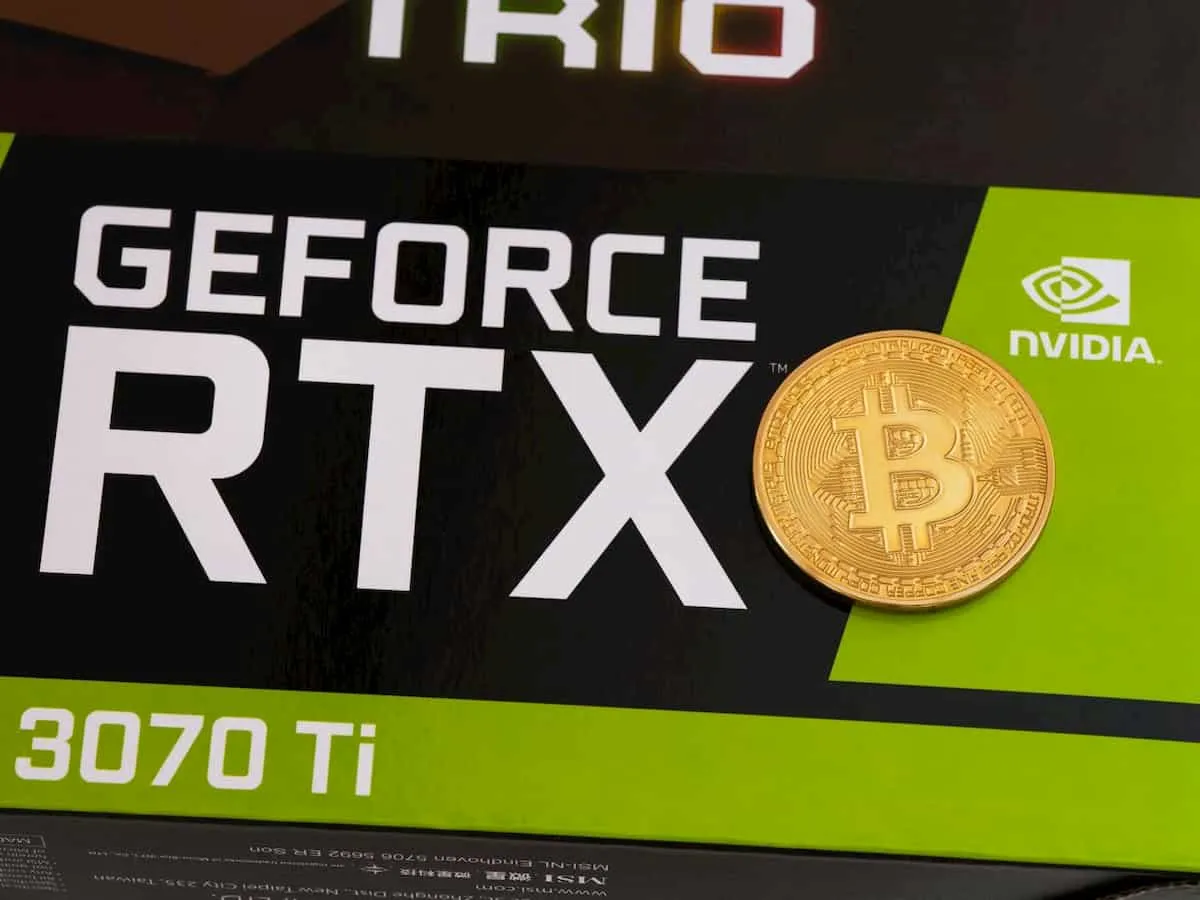Nvidia and SEC: Unpacking the Crypto Revenue Allegations

Nvidia's Legal Challenges with the SEC and DOJ
Nvidia is currently embroiled in a legal confrontation initiated by the U.S. Department of Justice (DOJ) and the Securities and Exchange Commission (SEC). The case revolves around claims that Nvidia (NASDAQ: NVDA) misrepresented the origin of over $1 billion in GPU sales by attributing them to gaming demand when they were likely driven by sales to crypto miners.
Revival of the Case
The initial lawsuit, which dates back to 2018, was dismissed in 2021 but saw a revival on August 28, 2023, by the Ninth Circuit Court of Appeals. Nvidia’s appeal to dismiss the case is scheduled for hearing on November 13, but recent actions by federal agencies could change the landscape.
Federal Agencies Back the Allegations
In a significant turn, the DOJ and SEC filed an amicus brief on October 2, arguing that the Supreme Court should allow the case to progress. They cited insufficient evidence for dismissal, referencing claims that Nvidia understated its cryptocurrency-related revenues by as much as $1.35 billion.
- Insider Testimonies: Alleges tracking of GeForce GPU sales to crypto miners.
- Management's Involvement: Includes claims of CEO Jensen Huang's awareness of mining revenue impacts.
Stock Market Reactions
As of now, NVDA stocks are priced at $122.74, reflecting a week-on-week increase of approximately 2.13% and a robust performance increase of 154.73% year-to-date (YTD). This situation warrants close monitoring, especially as initial hearings approach.
Anticipating the Outcome
The outcome of the legal proceedings could serve as a crucial determinant for Nvidia’s market position. Despite potential legal setbacks, the company’s upward trajectory, influenced by new product demand, suggests that the market may remain resilient.
Final Insights
The ramifications of this case will resonate through Nvidia and the broader tech sector as investors remain vigilant in their strategies leading into the court discussions.
This article was prepared using information from open sources in accordance with the principles of Ethical Policy. The editorial team is not responsible for absolute accuracy, as it relies on data from the sources referenced.